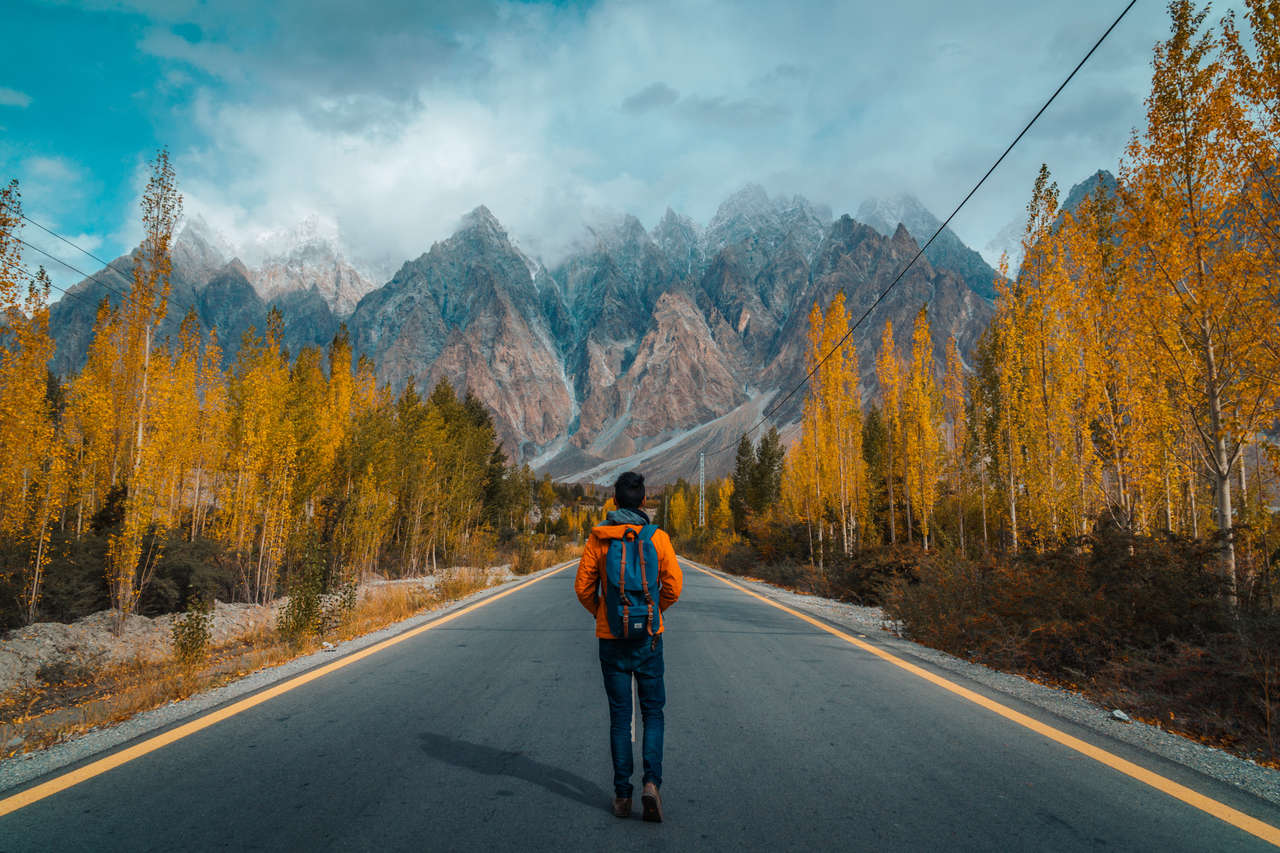
Introduction:
Travel and tour are more than just leisure activities; they are transformative experiences that open our eyes to new cultures, landscapes, and perspectives. From the bustling streets of Tokyo to the serene beaches of the Maldives, the world is full of wonders waiting to be explored. In this article, we embark on a journey through the realm of travel and tours, delving into the significance of exploration, the evolution of tourism, and the impact of travel on individuals and societies.
1. The Significance of Exploration:
Human history is marked by a relentless spirit of exploration. From ancient seafarers navigating uncharted waters to modern-day adventurers trekking through remote wilderness, the desire to discover new lands and cultures is deeply ingrained in our DNA. Exploration not only satisfies our curiosity but also fosters a sense of wonder and awe, reminding us of the vastness and diversity of our world.
2. The Evolution of Tourism:
The concept of tourism has evolved significantly over the centuries. What began as religious pilgrimages and trade expeditions has transformed into a global industry worth trillions of dollars. Advances in transportation, communication, and infrastructure have made travel more accessible than ever before, allowing millions of people to explore distant corners of the globe each year. However, this newfound accessibility has also raised concerns about over-tourism and its impact on local communities and the environment.
3. The Impact of Travel:
Travel has the power to enrich our lives in countless ways. It exposes us to new cultures, cuisines, and customs, broadening our horizons and challenging our preconceptions. It fosters empathy and understanding by allowing us to walk in the shoes of others and see the world through their eyes. Additionally, travel promotes economic growth and cultural exchange, creating opportunities for cross-cultural dialogue and cooperation.
4. Sustainable Tourism:
As the environmental and social impacts of tourism become increasingly apparent, there is a growing emphasis on sustainable travel practices. Sustainable tourism seeks to minimize negative impacts on the environment and local communities while maximizing the benefits for both. This includes supporting local businesses, conserving natural resources, and respecting indigenous cultures. By adopting sustainable practices, travelers can help preserve the world’s natural and cultural heritage for future generations to enjoy.
5. The Future of Travel:
As we look to the future, the possibilities for travel and tourism are both exciting and uncertain. Rapid advances in technology, such as virtual reality and space tourism, promise to revolutionize the way we experience the world. However, rising concerns about climate change and global instability pose significant challenges to the future of travel. Addressing these challenges will require innovative solutions and collective action from governments, businesses, and travelers alike.
Conclusion:
In conclusion, travel and tour are more than just recreational activities; they are opportunities for personal growth, cultural exchange, and global cooperation. By embracing the spirit of exploration and adopting sustainable travel practices, we can ensure that future generations continue to enjoy the wonders of our world. So pack your bags, embark on your next adventure, and discover the beauty and diversity of our planet firsthand.
For more information: paktoursntravel.com